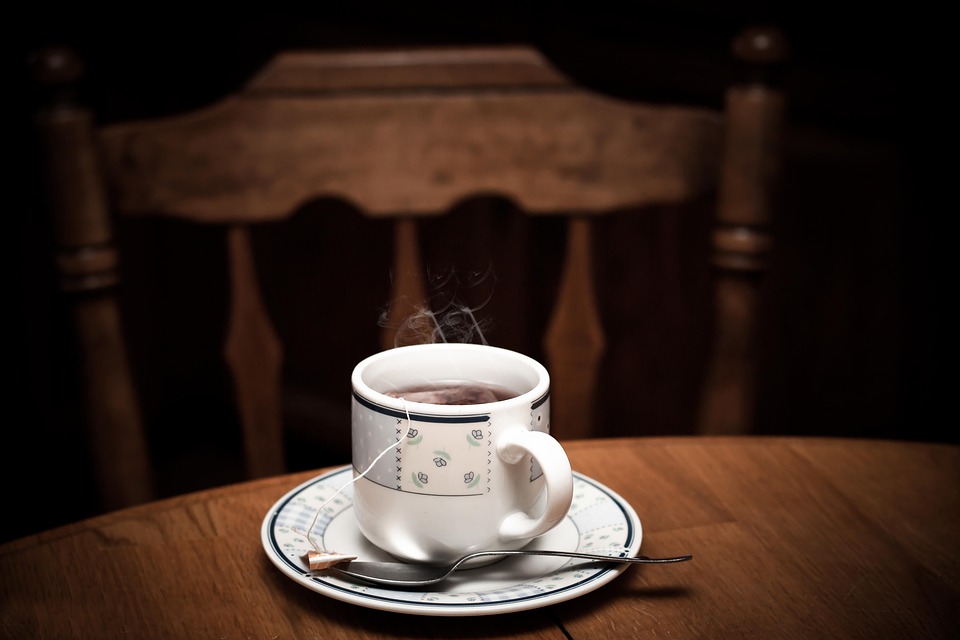High blood pressure is one of the most common health issues many face in the world today. But with a few lifestyle changes, the risks of suffering from serious conditions as a result of this issue can be lowered, like a few teas.
Express reports that three kinds of herbal teas are known for having properties that can help lower a high blood pressure reading. Herbal teas, or teas in general, are already known for being a healthy option for those who want to lower their risks of developing serious illnesses or those who simply want to stay healthy. Some of the teas that can help lower high blood pressure readings are hibiscus tea, black tea, and oolong tea.
Hibiscus tea has been shown to lower blood pressure in many studies. One study in particular was done over a six-week period, and 65 participants with high blood pressure were given placebo or hibiscus tea. After the study, the researchers found that the participants that drank hibiscus tea had lowered systolic blood pressure - the pressure in the blood vessels when the heart beats - compared to those who only took placebo.
Black tea has also been proven to have properties that can lower blood pressure. This type of tea can improve endothelial cell function or the lining inside the blood vessels. Oolong tea’s blood pressure lowering properties also lower bad cholesterol levels and a lower risk of heart disease.
Tea is not the only drink that has been shown to lower blood pressure readings. Another report reveals that drinks like tomato juice and beetroot juice are shown to lower blood pressure readings. Unsalted tomato juice in particular has been shown to be attributed to lowered blood pressure readings as well as lower levels of bad cholesterol according to a study in Japan.
As for beetroot juice, a study showed that consuming a glass or eight ounces of beetroot juice everyday had lowered blood pressure readings. This is because beetroot also contains nitrate, a compound in the juice that can turn into nitric acid in the blood, relaxing and softening the blood vessels.



 Novo Nordisk Launches Once-Daily Wegovy Pill in U.S. at Competitive Pricing
Novo Nordisk Launches Once-Daily Wegovy Pill in U.S. at Competitive Pricing  FDA Targets Hims & Hers Over $49 Weight-Loss Pill, Raising Legal and Safety Concerns
FDA Targets Hims & Hers Over $49 Weight-Loss Pill, Raising Legal and Safety Concerns  Royalty Pharma Stock Rises After Acquiring Full Evrysdi Royalty Rights from PTC Therapeutics
Royalty Pharma Stock Rises After Acquiring Full Evrysdi Royalty Rights from PTC Therapeutics  RFK Jr. Overhauls Federal Autism Panel, Sparking Medical Community Backlash
RFK Jr. Overhauls Federal Autism Panel, Sparking Medical Community Backlash  Sanofi Reports Positive Late-Stage Results for Amlitelimab in Eczema Treatment
Sanofi Reports Positive Late-Stage Results for Amlitelimab in Eczema Treatment  Viking Therapeutics Sees Growing Strategic Interest in $150 Billion Weight-Loss Drug Market
Viking Therapeutics Sees Growing Strategic Interest in $150 Billion Weight-Loss Drug Market  Weight-Loss Drug Ads Take Over the Super Bowl as Pharma Embraces Direct-to-Consumer Marketing
Weight-Loss Drug Ads Take Over the Super Bowl as Pharma Embraces Direct-to-Consumer Marketing  China to Add Eli Lilly’s Mounjaro to National Health Insurance in 2025
China to Add Eli Lilly’s Mounjaro to National Health Insurance in 2025 































